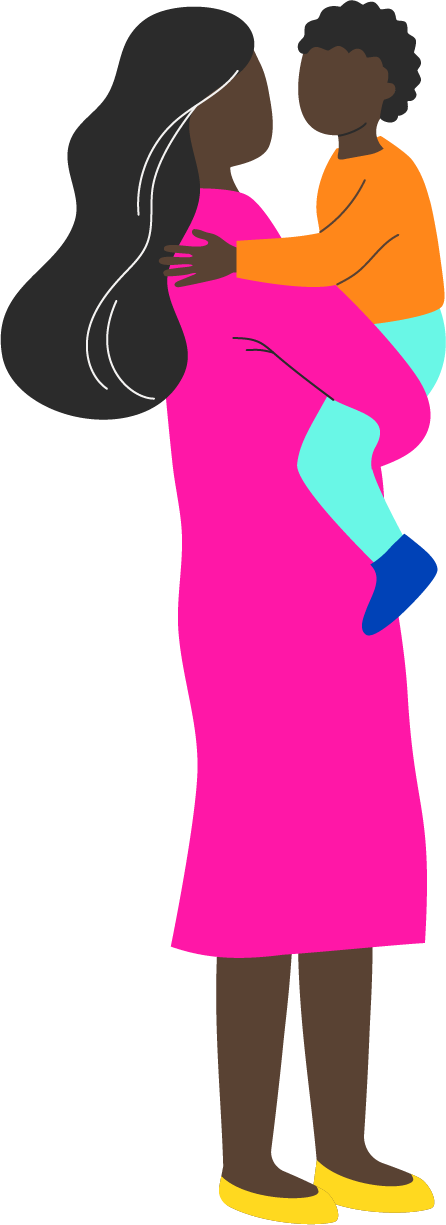We Need a New Model of Schooling
Our schools should be places of light, growth and higher learning,
but for many disengaged kids and stressed-out teachers, schools have been reduced to knowledge-cramming, exam-factories and endless paperwork. There has to be another way.
Our schools are preparing small humans to become bigger humans, based on a set of ideas for life that we’ve largely outgrown. The old idea for life went something like this:
Learn lots of stuff, or a useful skill, and hope you know more than others do
Get a job
Stick with it for 40-odd years
Retire
Die.
In the middle there would be marriage and kids and vacations and parties and hobbies, sure. But the formula was very much set. Most people worked for a standard pay-check, and worked for someone else, not themselves. The experience they gathered in their job role was pretty fixed, and assuming they knew more than the next person, there was little threat to their security. Most people followed the social norm of getting married, having kids and paying into a pension, and they believed they would receive that money and live it up when they retired.
Not. Any. More.
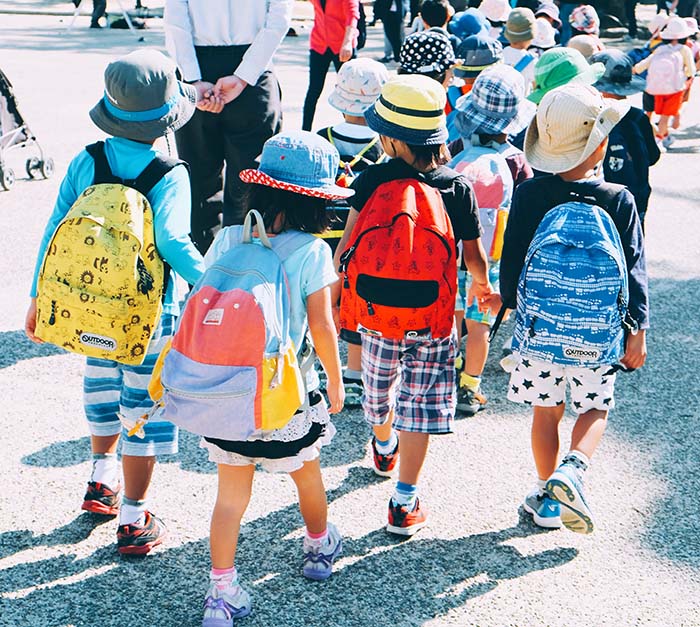
Life Has Changed
Guess what? Most of those models have been turned on their head.
46% of the world’s population now work for themselves, as freelancers and entrepreneurs, or else they’ve been forced to effectively become self-employed with zero-hour contracts.
Young people are waiting to get married and have kids, or else are not bothering at all.
Gen Z young people are expected to work 18 jobs spanning six careers in their lifetime.
The average timespan a Millennial stays in a job role is now just 2 years and 9 months – 2 years and 3 months for Gen Z’ers.
The information learned during a 4 year college degree is often out of date before the student even graduates.
Practically every single person has access to the world’s information at their fingertips. Learning stuff in school is now not enough to differentiate yourself in a competitive market. Experience and practical application – as well as softer skills – are key.
Not only that, the world has changed significantly in just the last few years and a lot of kids (and parents) are asking themselves what the point of education truly is. In the shadow of the bells-and-whistles world we’ve created which offers constant, shiny distraction, school feels more than a little dull to many. And for the rest, the constant pressure of testing and the fear-based narratives about getting into a good college and finding a good job is making our kids sick.
What Are We Teaching?
Despite all the advancements to nearly every aspect of our lives, education hasn’t really changed much. Schools are still in the business of walking small humans on the path from childhood to adulthood, as if it were a linear, standardised process. This model suggests that learning happens once, in childhood and adolescence, and then the business of real life starts. It suggests that learning occurs in silos – the study of subjects in discrete thematic blocks – which is not replicated at all in the workplace or in any other facet of life. While we’re successfully producing children that might excel at TV quiz shows, we’re failing to prepare them for life.
It’s Making Them Sick
If it wasn’t bad enough that school is failing to prepare kids for the real world, it’s also making them anxious, brittle and fearful. While many caring teachers and hopeful schools do their best to support young hearts and minds, they’re battling against a fortress-like system. The endless focus on the mind (to the exclusion of every other aspect of a child’s being), the never-ending pressure to achieve and perform, and the rigidity of our education system is causing – at least in part – an epidemic of mental health concerns.
The fact is, the very spaces that are supposed to nurture our kids are making them sick.
The Invisible Curriculum
School is one of the very first and most consistent systems of life that our youngest humans enter, and it teaches them far more than just facts and figures. Schools teach about culture, about norms and social rules, about what to believe and who to become, and that ‘invisible curriculum’ is pretty darn hard to undo once it’s been learnt.
We’ve become so focused on the visible curriculum and the information we’re pouring into kids’ heads that we’ve forgotten to be mindful of what else we’re teaching. At the root of it all, we’re teaching kids that they are empty vessels that need filling with knowledge, of little value to the world until they prove their worth with qualifications and a pay-check. We teach kids that they have to earn respect, give their power away to adults, and perform and please others to be accepted.
What we’re not teaching them is that they are loved, they have intrinsic worth, they have innate wisdom and gifts to share with the world and they are powerful beyond all measure.
Nope. We’re not teaching that at all. Why? Because we’ve forgotten that humans are more than just minds and bodies. We’ve forgotten The Spark. Perhaps it’s high time we remembered?
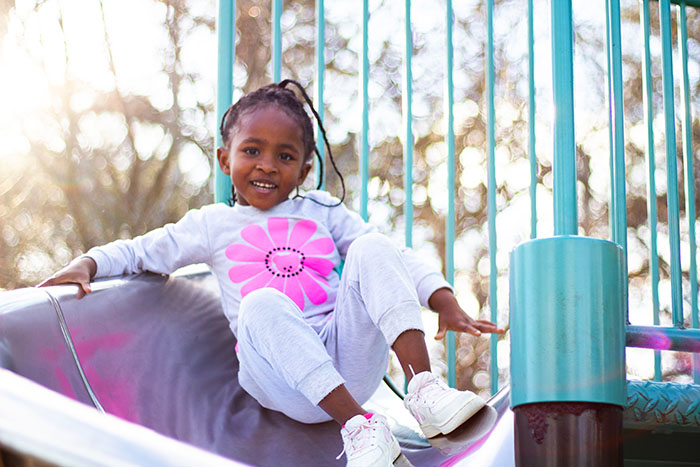
Want to know more?
Check out our blog on Ego Education, and get in touch with us to explore how we can support your school or work with children and young people. Check it out here
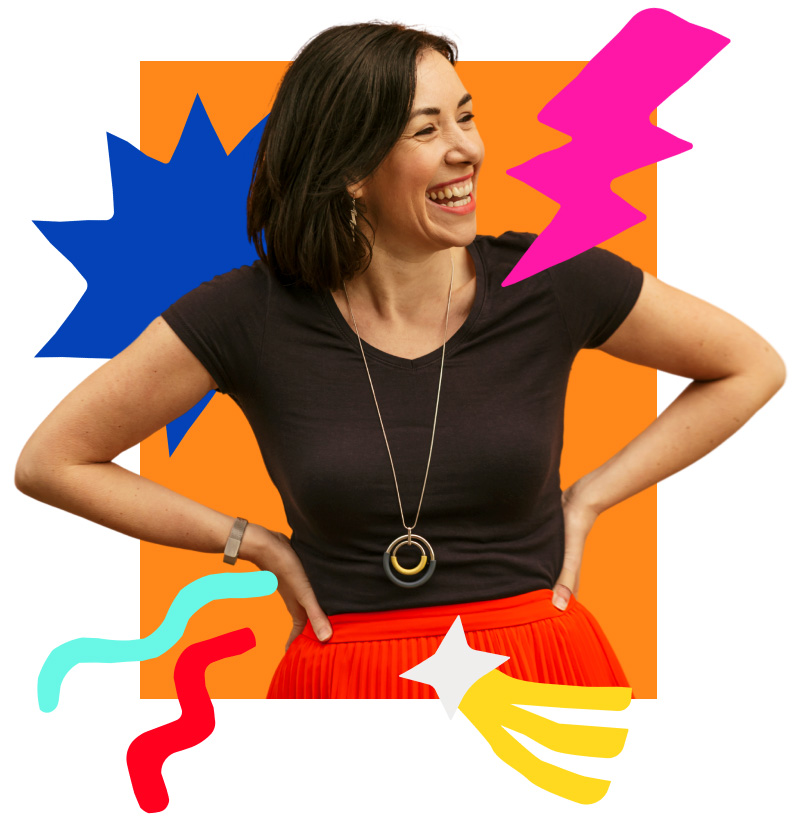
About
the author
Hi, I'm Nikki
I created The Spark when I realised I’d lost touch with my own inner light, buried under years of over-work and overwhelm. After witnessing far too many children becoming smaller versions of themselves, shrinking back, disconnecting and becoming disillusioned, I’m on a mission to ignite my Spark to help children to find theirs, changing the way we nurture small humans into being.
What started as a journey of self-discovery is growing into a global movement to create a better childhood for all children and young people. Will you join me?
Follow Nikki:
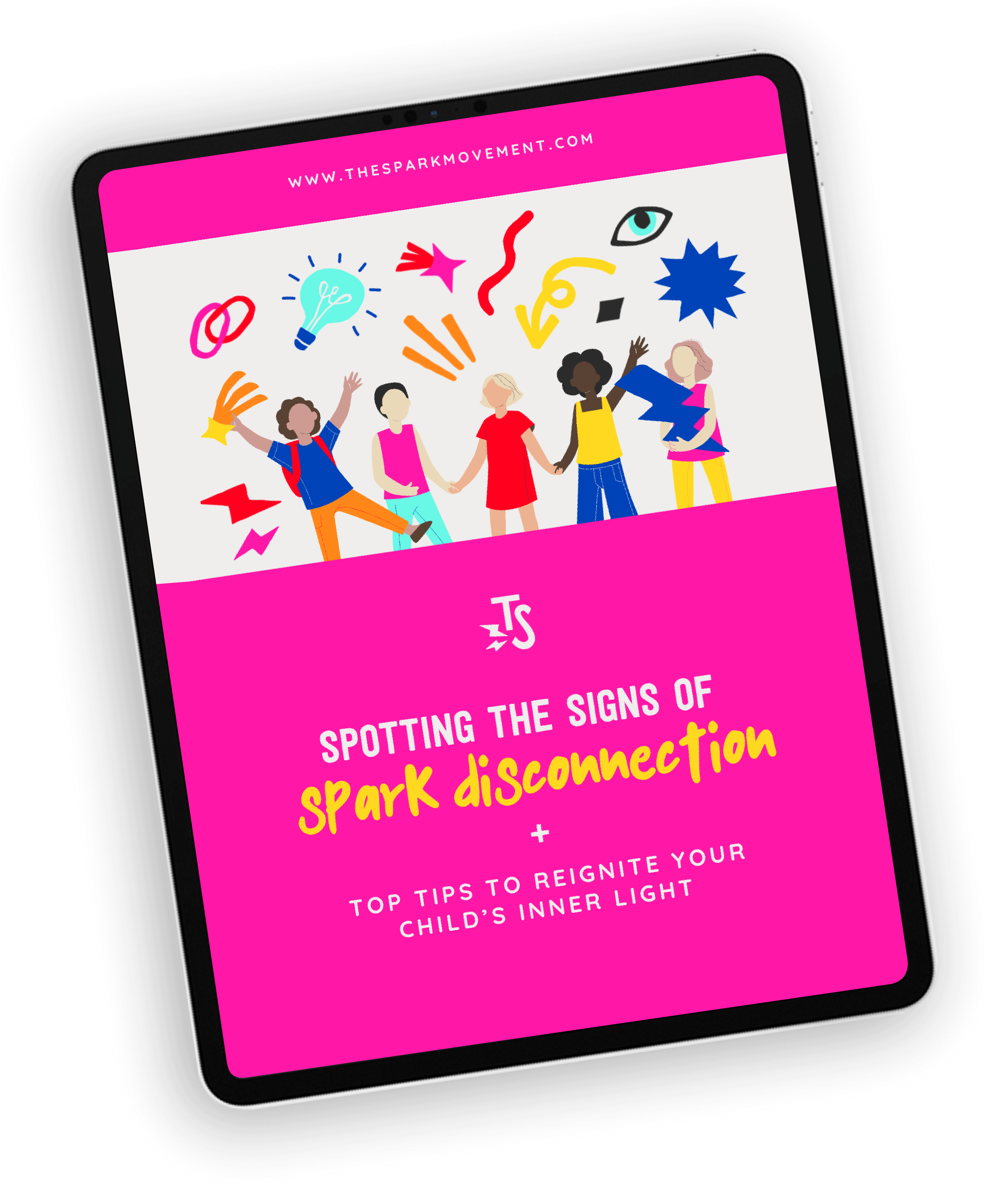
Need help to reignite your
child’s Spark?
Get our free guide to spot the telltale signs of Spark disconnection and learn how to reconnect your child to their inner light and joy.
Tell me more!
Sign up to our newsletter to be the first to hear about our tips, tools and training that will change the world for children.

